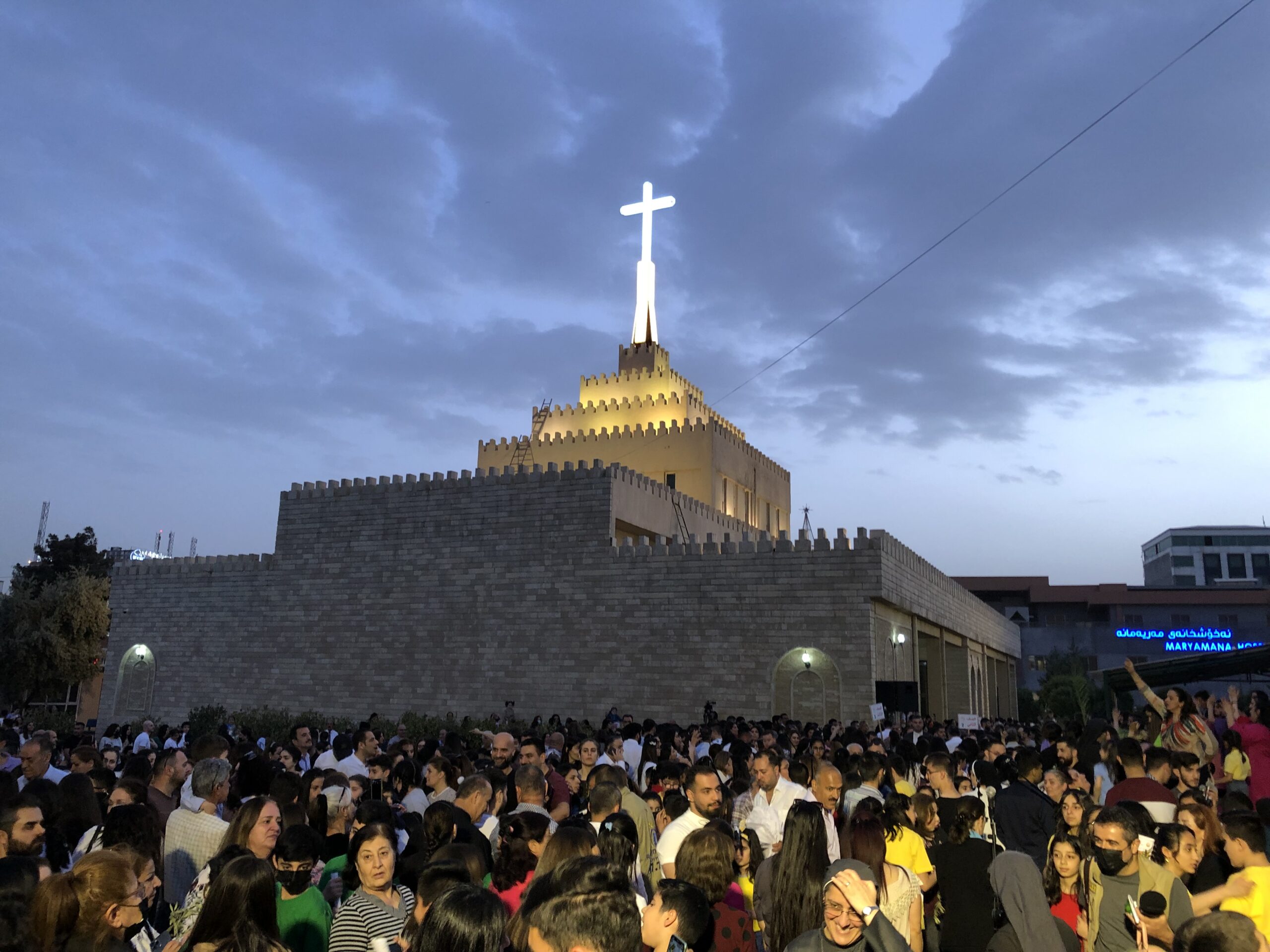In the rich tapestry of Iraq’s cultural and religious diversity, the Christian community has long been a vibrant thread. However, the past few decades have seen a drastic decline in their numbers, marking a poignant chapter in the nation’s history. It is crucial to understand the context of Iraq’s demographic shifts.
Prior to the tumultuous events of the early 2000s, Iraq was home to a thriving Christian population numbering in the millions. They coexisted alongside Muslims, Yazidis, and other religious groups, contributing to the nation’s socio-cultural fabric. However, the aftermath of the 2003 Iraq War and subsequent conflicts ushered in a period of instability and persecution, disproportionately affecting communities at risk, including Christians.
While exact numbers are difficult to determine, it is estimated that the Christian population in Iraq prior to 2003 was approximately 1.5 million individuals. In the meantime, Iraq’s population has more than doubled, and now stands at almost 45 million. Since there is no official census data on Iraq’s Christian population in recent years, estimations paint a harsh picture. Organizations like the Shlama Foundation have taken on the task of documenting and monitoring the situation, providing invaluable insights into the community’s plight. Their ongoing project to assess the numbers of Christians in Iraqi governorates sheds light on the extent of the decline.
According to the Shlama Foundation’s data, the current Christian population in various Iraqi governorates stands at:
- Nineveh: 51,627 (37%)
- Erbil: 31,156 (22%)
- Duhok: 29,652 (21%)
- Baghdad: 20,000 (14%)
- Kirkuk: 4,612 (3%)
- Slemani: 2,760 (2%)
- Basra: 1,400 (1%)
- Total: 141,207
While providing a snapshot, these numbers reflect a significant decrease from the pre-2003 era when Christians numbered in the millions. The proportions within each governorate highlight the uneven impact of displacement and persecution across the country.
The governorate of Nineveh, historically home to a large Christian population, has seen a substantial decline, yet it still retains the largest share of Christians among Iraqi governorates. This is indicative of the community’s resilience in the face of adversity. Conversely, governorates like Basra and Slemani, with minimal Christian populations, underscore the challenges of maintaining a religious minority presence in certain regions.
The reasons behind this decline are multifaceted. Forced displacement due to violence and persecution, economic hardships, and emigration driven by a lack of security and opportunity have all contributed to the dwindling numbers. Additionally, targeted attacks on Christian communities and their places of worship have instilled fear and uncertainty, further hastening the exodus.
Despite the grim statistics, there are glimmers of hope on the horizon. Efforts by organizations like the Shlama Foundation to document and support the Christian community offer a ray of optimism. Initiatives aimed at fostering interfaith dialogue, promoting religious tolerance, and advocating for the rights of minorities are crucial steps toward rebuilding Iraq’s diverse social fabric.
Moreover, the resilience and determination of Iraqi Christians to preserve their faith and cultural heritage against formidable odds is a testament to the indomitable human spirit. While the road ahead may be challenging, the collective will to create a more inclusive and harmonious society offers a hope for Iraq’s Christian population and indeed for all of its diverse communities.





